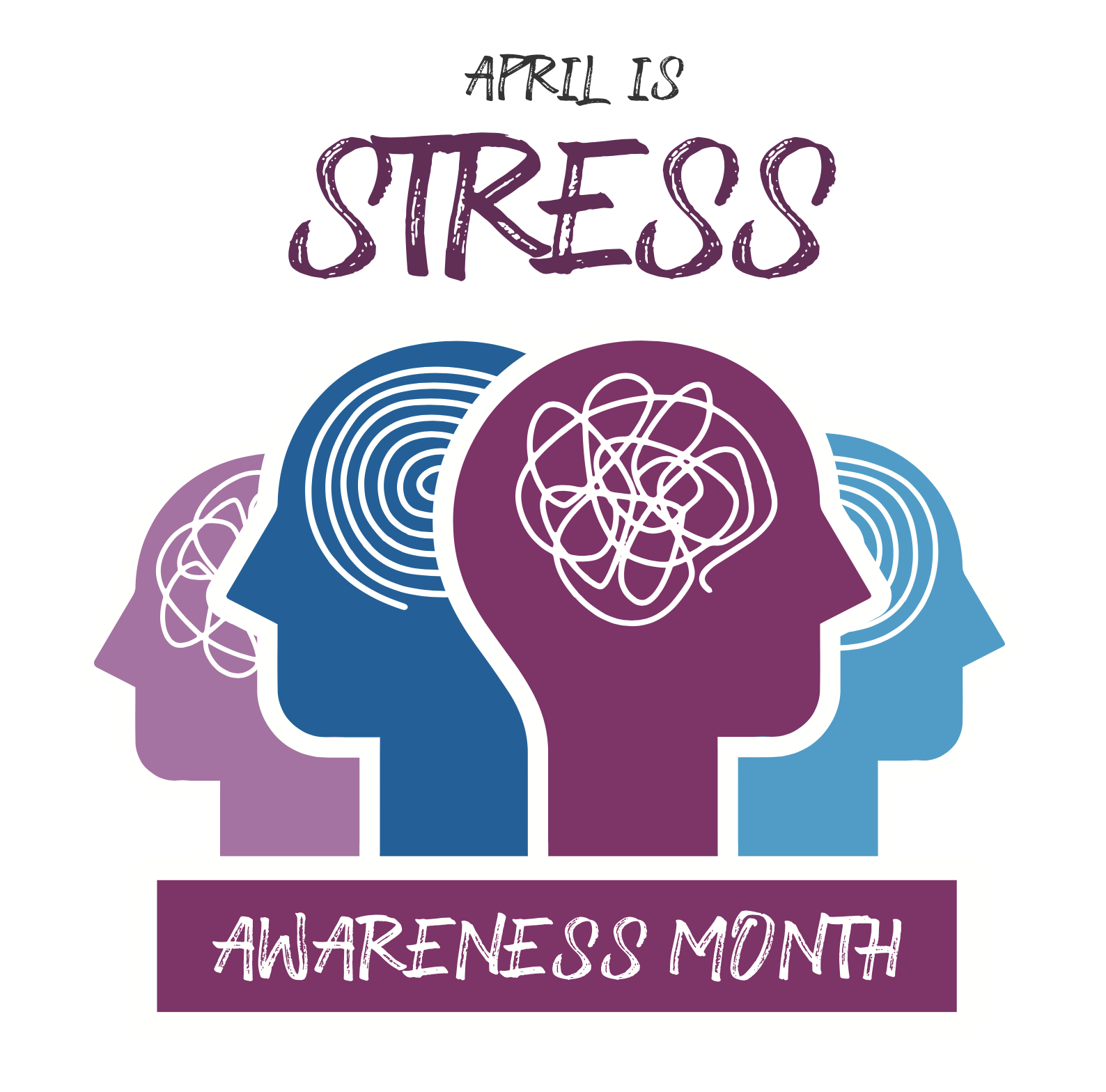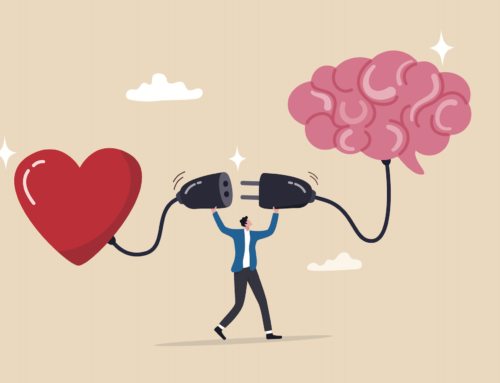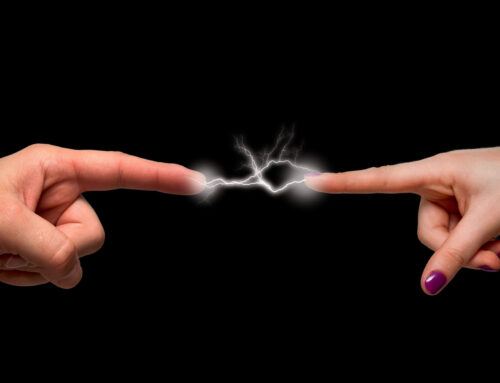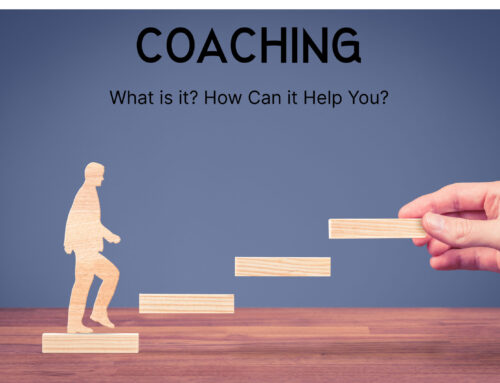Empathy – The bulletproof way to prevent stress from destroying your relationship
Most of us are aware of the corrosive effects that stress can have on our physical and emotional health. The daily stresses of our busy lives, if unmanaged, degrade our cardiovascular, endocrine and nervous systems and can impair our judgment. The issues that arise for one stressed individual are squared in couple relationships, and this can lead to increased conflict and disconnection.
In research conducted by Dr. Neil Jacobson, it was discovered that partners who help each other manage external stresses – work, or health for example – issues outside of the relationship, were much better able to maintain a positive connection with each other that partners who did not.
Much has been written about how ways individuals can manage stress (See Why Zebras don’t get Ulcers by Dr. Robert Sapolsky), but making sure that stress doesnt consume your relationship requires different skills. And while self-care and managing individual stress levels are necessary, it’s important to know that you can work together to minimize the corrosive effect that ongoing stress can take on your relationship.
How? Well, I’m glad you asked…… the answer is….Empathy!
When we are able to give and receive empathy by being curious, asking questions and truly listening, we produce the neurotransmitter oxytocin, which creates a sense of trust and safety. This allows us both to better understand our partner and to feel understood by them. It also creates a sense of “us against the world” and a sense that the relationship is a port in a storm and a source of support.
We give couples at our workshops and in therapy an exercise called the Stress-Reducing Conversation. Here, we have one partner talk about an issue that is causing them stress or worry and coach the other partner to empathically listen. You can do this with your partner by following these guidelines :
– Set aside a few blocks of time each week (about 30 mins) to have a stress-reducing conversation where you each take turns talking about something (not a conflict between the 2 of you) that is stressing you out.
– In the “Speaker” role, be open and honest and go into as much detail as you can about your stress.
– In the “Listener” role, ask open-ended questions to encourage the Speaker to fully explore their position. Be curious. Don’t assume you already know what they think or feel. Avoid giving advice or trying to solve the problem for your partner as this tends to have the effect of shutting people down rather than helping them process stress. Reflect back what you are hearing, particularly what you think your partner may be feeling. This is where we tend to feel empathized with and truly understood.
Most of us are hard-wired for problem solving and trying to give “helpful” suggestions, but this April, which is National Stress Awareness Month, try instead to practice listening with empathy, and see for yourself how powerful this stress-reducing method can be.






Leave A Comment
You must be logged in to post a comment.